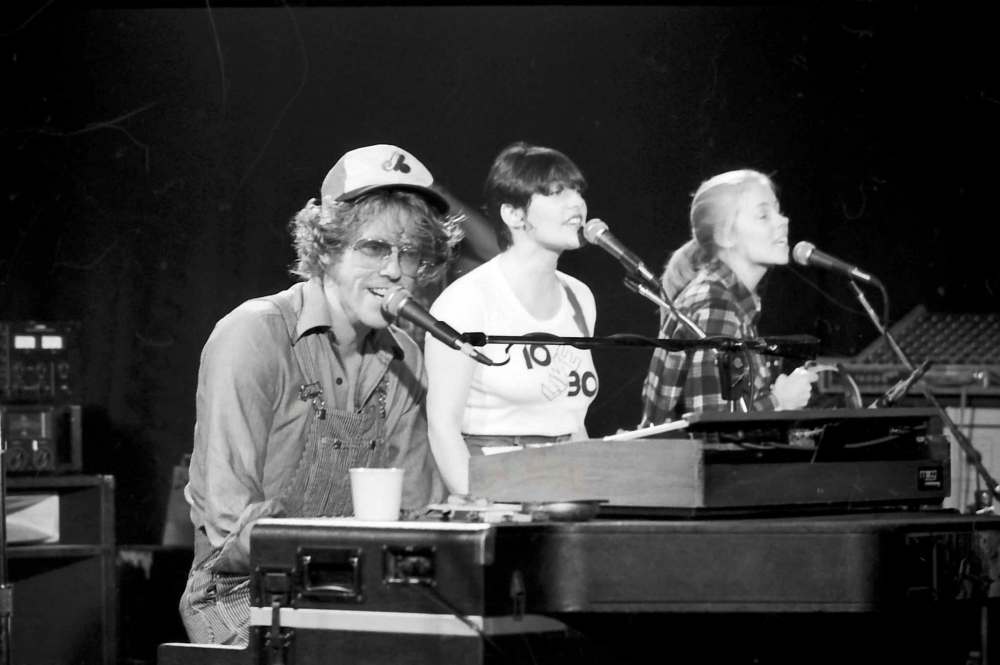Jingle sells
After a rock hit on his resumé, ex-Winnipegger found success with advertising tunes
Advertisement
Read this article for free:
or
Already have an account? Log in here »
To continue reading, please subscribe:
Monthly Digital Subscription
$0 for the first 4 weeks*
- Enjoy unlimited reading on winnipegfreepress.com
- Read the E-Edition, our digital replica newspaper
- Access News Break, our award-winning app
- Play interactive puzzles
*No charge for 4 weeks then price increases to the regular rate of $19.00 plus GST every four weeks. Offer available to new and qualified returning subscribers only. Cancel any time.
Monthly Digital Subscription
$4.75/week*
- Enjoy unlimited reading on winnipegfreepress.com
- Read the E-Edition, our digital replica newspaper
- Access News Break, our award-winning app
- Play interactive puzzles
*Billed as $19 plus GST every four weeks. Cancel any time.
To continue reading, please subscribe:
Add Free Press access to your Brandon Sun subscription for only an additional
$1 for the first 4 weeks*
*Your next subscription payment will increase by $1.00 and you will be charged $16.99 plus GST for four weeks. After four weeks, your payment will increase to $23.99 plus GST every four weeks.
Read unlimited articles for free today:
or
Already have an account? Log in here »
Hey there, time traveller!
This article was published 31/07/2016 (3407 days ago), so information in it may no longer be current.
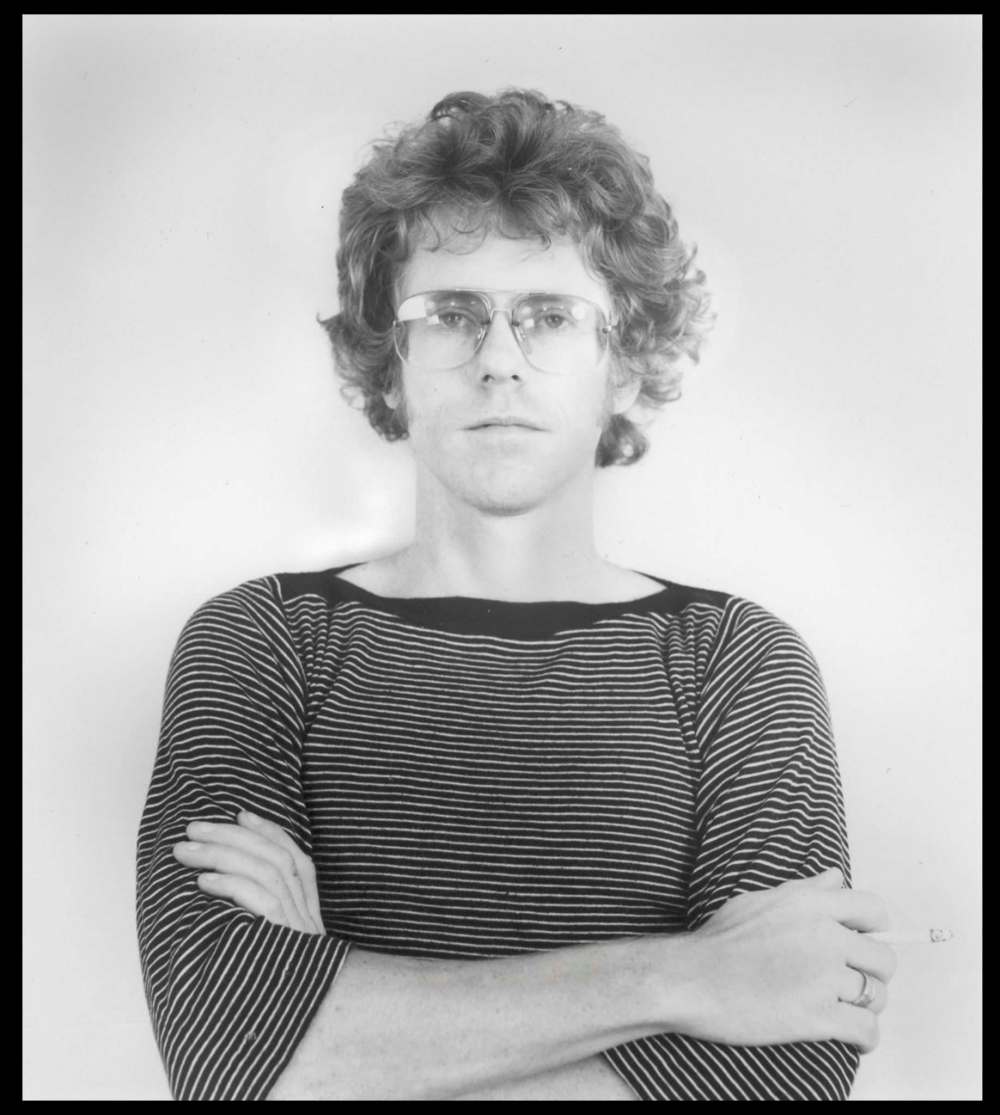
The trick to writing a successful commercial jingle is in creating a tune and lyric that, while less than a minute in length, nonetheless sticks in your brain forever.
It’s an art form that requires both talent and a gift for phrasing and nuance. Unlike a hit record, though, the downside of a catchy jingle is while everyone can sing it, no one knows who composed it. Take You’re on Your Way With Esso, one of the most successful Canadian jingles of all time. While I’m betting many of us know it instantly, few are aware it was composed by Winnipegger Graham Shaw, one of the finest jingle composers in Canada.
‘I was never into it to be a pop star. Whether I was writing songs for the band or composing jingles, it was always about the music’ — Graham Shaw
His list of jingle credits is staggering and includes the Bay, Home Hardware, Canadian Tire, Budweiser, 7Up, Labatt’s, Bacardi Breezer and Bell Canada, to name a few.
“I became the go-to guy for jingles for 10 years in Toronto,” says the unassuming Shaw from his home in rural Ontario.
“I was doing three or four jingles a week, writing, arranging, producing and often singing them.”
Along the way he also composed and produced jingles featuring megastars Celine Dion and Anne Murray.
Winnipeggers know Shaw from his days fronting popular pub rockers Graham Shaw & the Sincere Serenaders in the latter 1970s. The band recorded two albums and enjoyed a hit single in 1980 with Can I Come Near, a Shaw original. But you may not know Shaw also composed the music to Theodore Tugboat, a long-running children’s series seen in some 68 countries. Or that the prolific composer also wrote the music for every CBC Newsworld channel television show.
“If you look at my career,” he says, “I’m not that ambitious. I was never into it to be a pop star. Whether I was writing songs for the band or composing jingles, it was always about the music. I never went in search of these gigs — they just happened.”
Born in Calgary, Shaw moved to Winnipeg in the mid-’60s at age 13. His father played in a Depression-era family band, so music was in Shaw’s veins.
“My piano teacher told me back when I was eight or nine that I changed tunes to suit myself,” he admits. “I still can’t read music.”
Living in St. Vital, he formed his first group, the Mushroom Band (Shaw, Harry Crowder, Kerry Kulbaba, Pat Cullen and Bill Quinn), in the latter ’60s with Shaw on guitar, organ and vocals. At CKRC’s tiny two-track studio, the band recorded a single, Shaw’s Don’t Come Down, for local impresario Peter Stone’s Syntax Records. A copy of this hard-to-find 45, dubbed “Canada killer fuzz punk,” recently sold on eBay for upwards of US$1,500.
Enrolling at the University of Manitoba, Shaw left after three years, one credit shy of an arts degree. “I flunked Shakespeare,” he laughs.
Working by day for Canadian Pacific Railway and the Winnipeg Art Gallery, he continued to pursue a music career as a journeyman player in various local bands, including the post-Burton Cummings Deverons, Terry & the Gentry, Electric Banana and the Musical Odyssey. Working with the latter group provided an important lesson for Shaw.
“The Musical Odyssey was a real eye-opener,” he says, “because they really knew how to sing. I really had to pick my game up. It was good experience for me.”
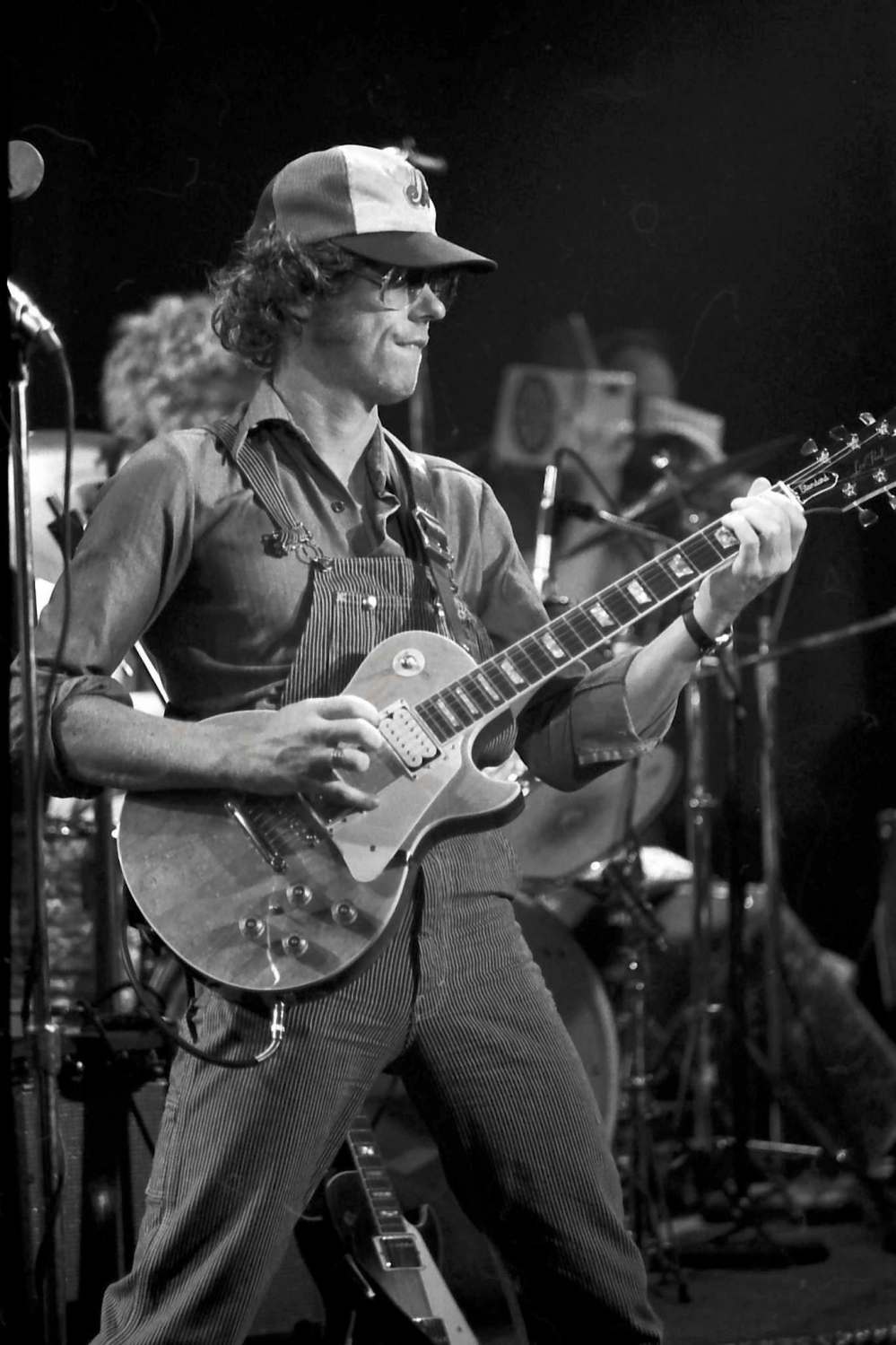
He also worked as a session musician for other artists, appearing on recordings by Carmine LaRosa, Gerry & Ziz and Romanian nightclub singer Ioana Iliant.
“I wrote English lyrics to her Romanian songs,” Shaw chuckles. “She would tell me the stories of the songs, and I would have to write some English words that conveyed that story. Then she would sing the lyrics phonetically.”
In addition, Shaw began writing commercial jingles at Roade Studios on Grosvenor Avenue.
“My first jingle was for a Toronto-area pizza joint,” he says with pride, still able to sing the jingle.
“It played on radio for over 30 years and became one of the Top 5 most-recognized jingles. I also did a lot of local businesses.”
“Writing and recording jingles taught me how to work quickly,” Shaw says. “You didn’t have a lot of time to waste. Often, I would compose them on the spot.”
In the mid-’70s, Shaw formed Graham Shaw & the Sincere Serenaders. After some flux, the lineup stabilized with ex-Mood Jga Jga drummer Gord Osland, Gary Stefaniuk on bass, guitarist Danny Casavant and backup singers Susan Lethbridge and Ilena Zaramba. All were veterans of the local music scene.
“I was doing a lot of voiceovers and singing jingles with Graham,” says Zaramba, “and one time he said to me, ‘Would you be interested in joining a band?’”
Zaramba’s career stretches back to the mid-’60s with folk trio Three Blind Mice, who numbered among their fans a young Neil Young. She jumped at the offer.
“At our very first rehearsal, Graham’s songs absolutely blew me away. He wrote great jingles, and I think that helped him develop further as a songwriter,” Zaramba says.
The pub scene was thriving at the time, but most of the bands were playing cover songs.
“We started off doing covers, but as Graham kept bringing in more great original songs we would do them until we were doing all original material,” Zaramba says.
“It took courage to do original material back then, but Graham had that. He’s a very confident performer.”
One of their earliest gigs was at the Royal Albert Hotel.
“After the first night, we had lineups around the block,” she recalls. It would be the same wherever the group appeared.
“That ’70s pub scene was a real golden age in Winnipeg music,” Shaw says.
“One of my minor victories was that I suggested there should be a cover charge when we played in the pubs because we were filling the houses and selling a lot of booze by virtue of the music. So I wouldn’t play without a cover charge. We didn’t work for a couple of weeks because no one would buy it at first. It was the St. Vital that finally agreed to let us charge $2 at the door. All the folks who were there just to get drunk and fight wouldn’t pay a $2 cover charge, so we did great business for the Marion because that constituency moved over there and the Chalet. There used to be a lot of fights in the pubs, but when the cover charge came in, folks paid the cover to see the music. That was the first cover charge I remember in Winnipeg pubs. So that’s my legacy. I cleaned up the pubs.”
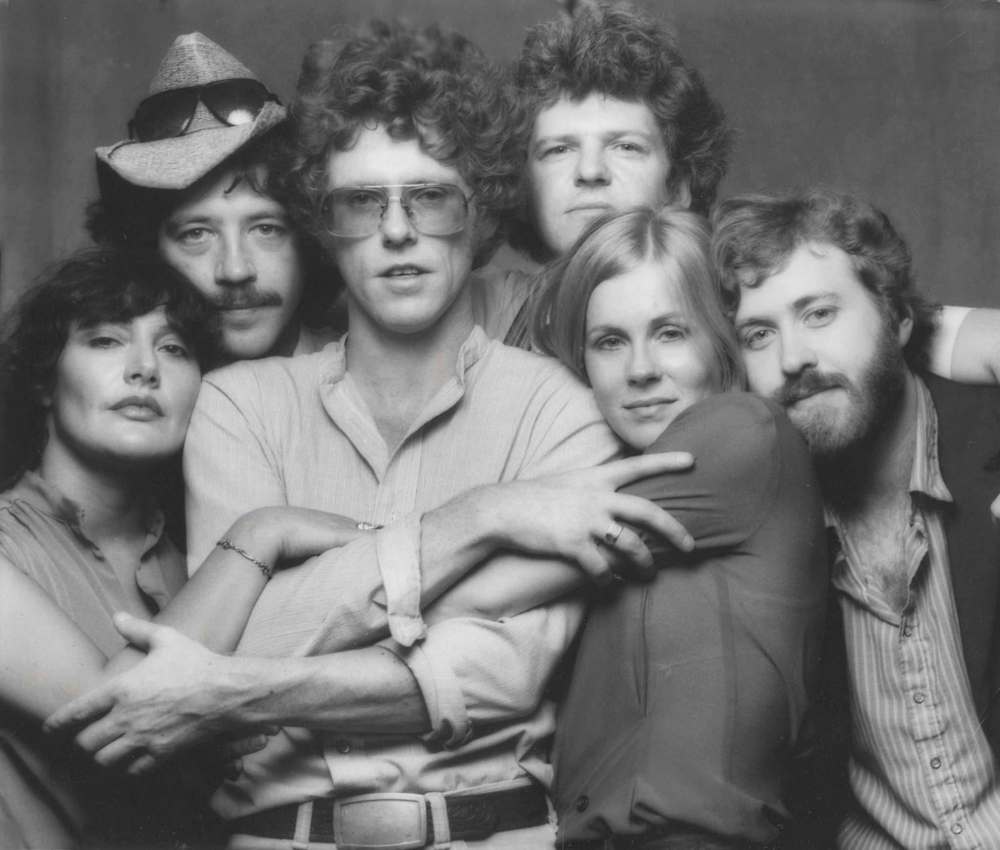
Working the pub circuit, the band attracted the attention of influential Toronto managers Bernie Fiedler and Bernie Finklestein, who guided the careers of Bruce Cockburn, Dan Hill and Murray McLauchlan. Fiedler caught the band’s set at the Plaza Hotel pub, known as the Zoo, and the two Bernies signed Shaw to a management contract. On the strength of a demo recording at Roade Studios, they negotiated a recording deal with Capitol Records in the United States. The band was flown to Los Angeles in 1979 to record their debut album, with Kenny Edwards from Linda Ronstadt’s band as producer.
As Shaw ruefully notes, “I produced a six-song demo for $8,000 at Roade Studios that got me the deal in L.A. Then we burned up $140,000 making a crappier record than we did at Roade.”
Lethbridge remembers those recording sessions in L.A.
“It was pretty intimidating for me. I was the youngest in the band, with probably the least studio experience, but Graham was great, and the band was unbelievable,” she says.
“The tunes were so strong, too. But the techniques were a little different. I was used to Roade Studio and a very relaxed environment, but this was more intense.”
Complications tainted the L.A. sessions.
“They signed me, not the band,” Shaw points out. “Bobby Colomby from Blood, Sweat & Tears was my A&R guy, my caseworker with the label. He got me in a room with some other executives and begged me to fire the band. I was having a heart attack. I think they saw the band as a bunch of hayseeds. They said they could get me the A-list of session players, including the guys who played with Steely Dan, just lose the band. I was in tears after I left the meeting. But I couldn’t do it. I couldn’t fire the Serenaders.
“Graham had a bit of a rough time in L.A.,” says Zaramba. “When you sign with a major label, they have the final say because it’s their money. We were starting to feel like puppets to the label. Graham was used to calling the shots because these were his songs, and he knew what he wanted to hear. There was a certain chemistry and sound that we had. He and Kenny Edwards would argue.”
“At that point I think I was almost a pariah in Capitol’s mind because I wouldn’t do what they wanted,” Shaw says.
“That may have affected my career vector in the long run, but I wasn’t going to fire the band. So that’s the way that went down.”
Capitol Records retaliated by leaving the album to twist in the wind.
“I remember all the big-label nabobs coming in and listening to it and saying, ‘This is a work album,’” Shaw says. “They figured it wasn’t going to fly.”
Their assessment aside, the album boasts superb songwriting (all from Shaw) and playing on tracks such as Roll All Night, Mexican Serenade and Turn on the Lights, all concert favourites.
Capitol Records’ Canadian division supported the band and as a result, Can I Come Near charted across Canada.
“It was No. 1 to No. 5 depending on the region,” Shaw says. “At that point it was the most radio-friendly tune we had.”
The single earned Shaw the 1981 Most Promising Male Vocalist Juno Award.
“It felt very satisfying, but I’m now a trivia question because I beat out Bryan Adams,” he laughs. “I did have a lovely dinner with Joni Mitchell, though.”
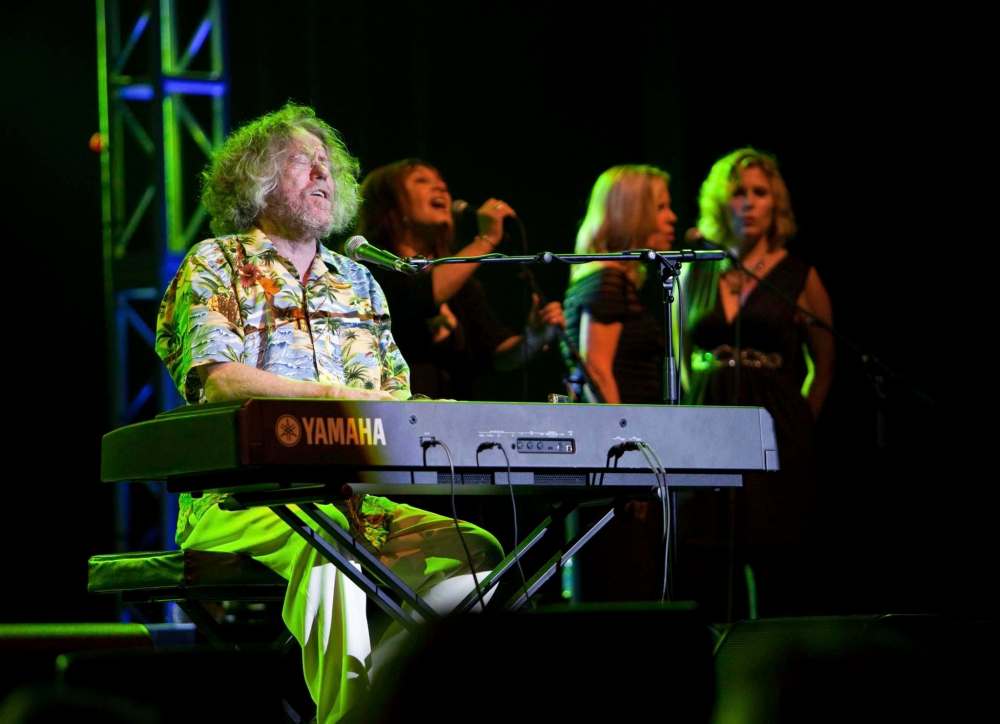
The Serenaders toured Canada with Dr. Hook and appeared on several television shows, including CBC’s 10:30 Live, shot in Winnipeg.
“That Dr. Hook tour was the first time where we would play the tune and people knew it, and you could feel the excitement in the crowd,” says Lethbridge.
Shaw signed with True North/CBS Records Canada for the following album Good Manners in the 1980’s (with Paul O’Neill replacing Casavant) but failed to produce another hit single.
“The techno wave was just starting to hit,” he says. “Ours was a more organic sound, which may account in part for the fact that we’re still listened to today. We may have been a bit ahead and behind the times.”
At that point, Shaw was fed up.
“I couldn’t play the Norlander, the St. Vital and the Plaza anymore,” he said. “I woke up one day and said, ‘I’m moving to Toronto,’ gassed up my ’69 Firebird and left.” The band unceremoniously folded.
“I lived off my royalties for a bit before realizing I still needed money,” he says. “So I put together a vocal demo and sent it off to a jingle company, and all of a sudden I was singing every jingle on the planet. Then I started writing jingles. I spent about 10 years doing a lot of jingles and making a lot of money.”
Writing and producing jingles with Anne Murray and Celine Dion was a study in contrasts.
“Anne was very professional,” he states, “always on time, cold as a stone, but sang in tune and got the job done. Celine arrived four hours late accompanied by an entourage. None of her staff would even talk to me. She was a diva but sang great. The Bay paid them a million dollars and me about $40,000.”
In addition, Shaw composed incidental music and theme songs for CBC TV’s Newsworld channel as well as numerous television series including Venture, Marketplace, The Health Show, 24 Hours and Land and Sea.
“I did the entire 24-hour cycle on Newsworld,” he notes. “I was churning it out in 20 minutes.”
But his biggest payday came when he was tapped to compose the music for Theodore Tugboat, hosted by former Mamas and Papas singer Denny Doherty. Shaw also backed Doherty for his theatre show Dream a Little Dream.
“I got a phone call saying, ‘The harbour master needs your help,’” he chuckles, “so I did a four-week run in Cleveland.”
He also collaborated with several artists on songs including Triumph’s Rik Emmett, Alfie Zappacosta, Eddie Schwartz and Valdy, as well as international stars such as Alice Cooper (“He was drunk the entire time,” Shaw says) and guitarist extraordinaire Jeff Beck.
“That was surreal with Beck,” he remembers. “I hooked up with him through (famed record producer) Bob Ezrin. They flew me to London for a few weeks to write songs for an album for him. He was an easy-going guy, no pretentions whatsoever.”
In the end, the project fell through. Shaw also recorded a Christmas album with vocal group the Nylons.
Ostensibly retired from the music business grind, Shaw nevertheless has kept his hand in, producing an album for former Jenerator singer Jennifer Hanson, sister of Susan Lethbridge, as well as releasing the Raw Shaw album on his own. In 2010, Shaw and the Sincere Serenaders reunited for a sold-out performance at McPhillips Station Casino. In January 2011, the band reunited once again at the convention centre for the Bitter Pill concert in support of respected local musician Bill Merritt and also appeared at a tribute night for Merritt at the Norwood Hotel.
“It was really magical what we got back together,” Zaramba says.
“We were together for six years and had a huge following because the music and the players were so good. People followed us from gig to gig. Beyond the music we were good friends, too. Our camaraderie was like a family. I was grateful to be a part of that band from Day 1.”
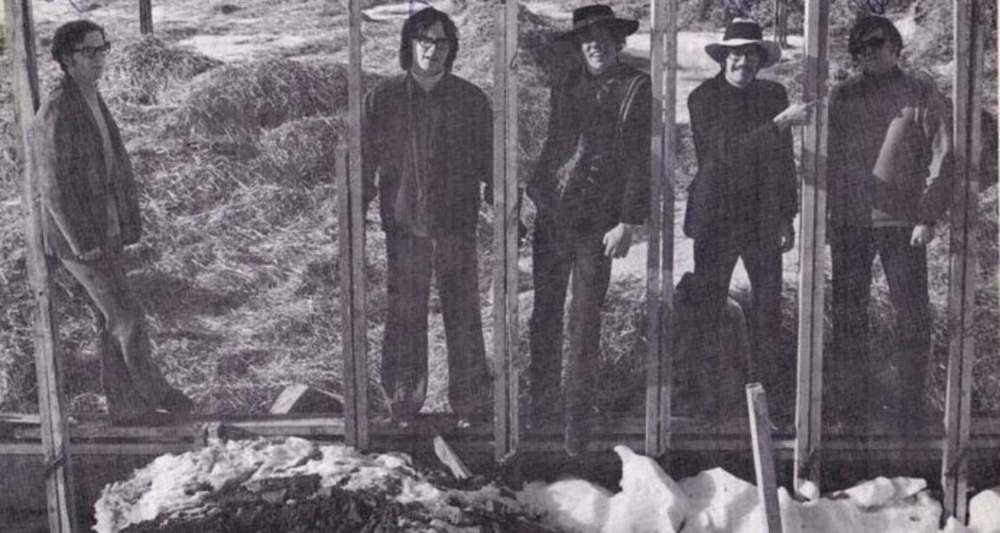
Graham Shaw & the Sincere Serenaders are reuniting once again for a concert on Oct. 6 at Club Regent mainstage. Greg Leskiw’s Swing Soniq are opening the concert. “I’m really excited about the show,” Shaw says. “It’s a dynamite pairing with Leskiw, a perfect fit. We all go back to the ’70s together. When they approached me about doing the gig I said, ‘Hell yeah, but then I realized Gary Stefaniuk won’t be there onstage with us.” Bass player Stefaniuk passed away a year ago.
“But we’ve got Don Benedictson on bass, so it’ll be good. We’ll pay tribute to Boyo (Stefaniuk) at the start. I know he’ll be watching us from above. We’ll play our best-known songs plus a few new ones,” Shaw says.
“It makes me feel good to be able to come home and play for our fans again.”
Reflecting on the vicissitudes of a lengthy career in music, Shaw chuckles, “When I went to rent my first house in Toronto, the landlord put no stock in my recording career nor the fact that I had a Juno award. But once my lawyer told her I wrote jingles, she said, ‘Why didn’t you tell me you were famous?!’”
John Einarson writes about Manitoba’s music history. Sign up for his fall Off the Record music history classes at mcnallyrobinson.com.

Born and raised in Winnipeg, music historian John Einarson is an acclaimed musicologist, broadcaster, educator, and author of 14 music biographies published worldwide.
Our newsroom depends on a growing audience of readers to power our journalism. If you are not a paid reader, please consider becoming a subscriber.
Our newsroom depends on its audience of readers to power our journalism. Thank you for your support.


